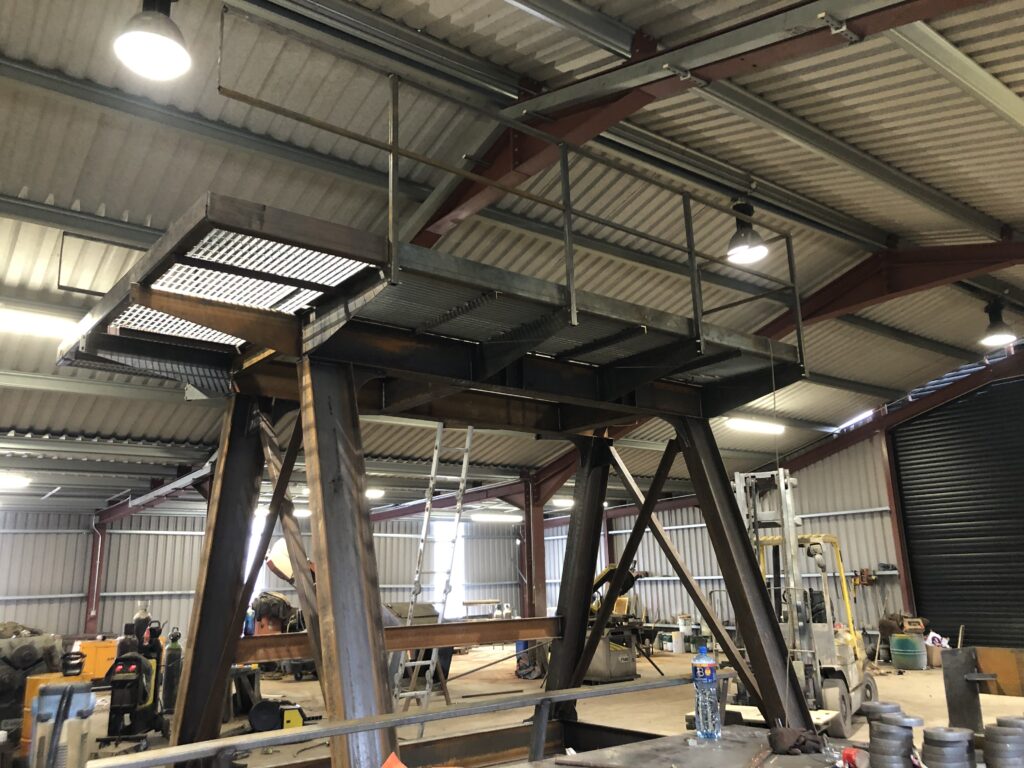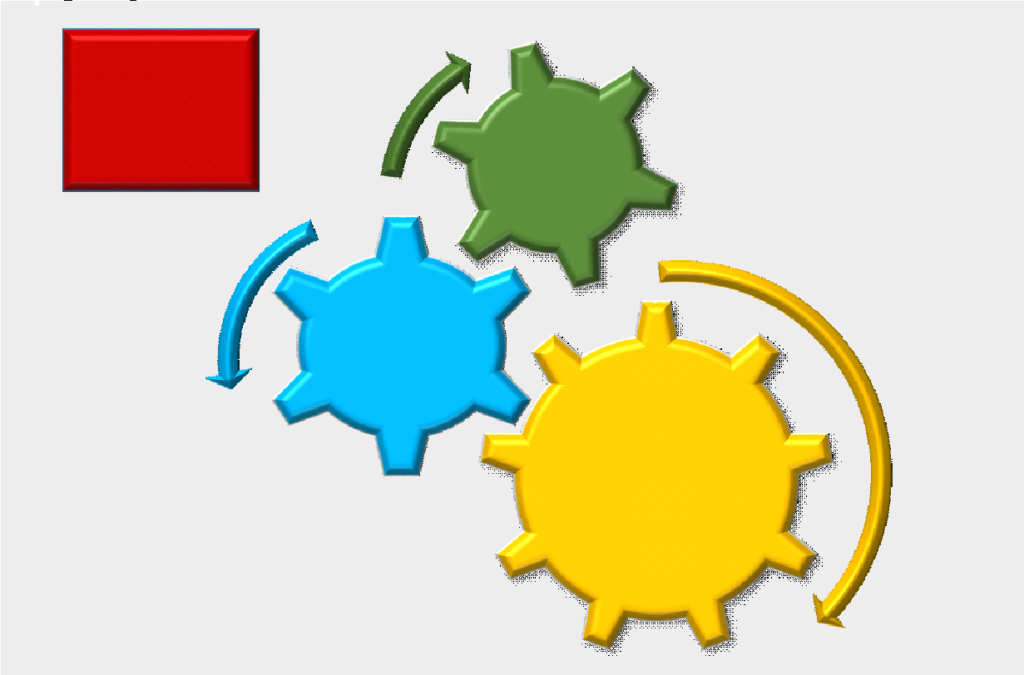QRS view Planned Preventative Maintenance (PPM) as one of the fastest growing elements to our broadening services. We continue to work closely with our customers on site to develop individually focused programs. These maintenance program benefits, can be seen through increases in uptime and throughput volumes. Our clients, see planned preventative maintenance programs as key to ensuring their sustainable competitiveness and manufacturing performance.
Although each site and customer have their unique challenges the fundamentals at QRS always remain the same. Forward planning coupled with knowledge and onsite tried and tested experience, supported by a solid spare parts network. This approach delivers real cost savings through improved efficiencies and increased throughputs. These savings in cost and time can then be realised in a more profitable client business.
Our business at QRS has being built through many years of practical onsite maintenance repairs. We continually grow our knowledge and experience by working directly with customers at every stage of their manufacturing process. The lasting relationships with our clients has been forged through working together to overcome challenges and delivering real sustainable results together. We have invested heavily in understanding plant, assembly and machinery design has allowed us to understand planed preventative maintenance from the initial design concept.
Although planned preventative maintenance is not a new concept the introduction into high speed high volume quarry and recycling manufacturing facilities has never been more critical. The reasons for the need for more efficiencies’ can be linked to changes in the market as well as construction methods. There are more short term production spikes, larger singular construction elements within major projects, where missed deadlines can affect business contracts and incur penalties. We believe in the importance of education and knowledge sharing to advance our ability to offer a second to none preventative maintenance service. These learned experience can be then
used to help support customers in identifying such elements as

Essentially this is the average planned amount of time a non-repairable item will operate before it fails. This MTTF metric should be used on equipment or parts that cannot or should not be repaired. MTTF can also be considered as the planned average lifespan of the item. (Mixer blades, Wear plates, filters, gearboxes).
This is the average time between breakdowns. This is crucial as it measure the performance of equipment design, safety and critical assets. These assets could include conveyors, mixers, roller mills and crushers. MTBF identifies the effective reliability of the equipment and coupled with mean time to repair (MTTR) which identifies the availability of the plant, production line or crusher.
This is the average time it takes to repair or restore a piece of equipment or plant back to operating. The measure is calculated from the time of breakdown. Ensuring a low MTTR indicated that service or components can be repaired quickly.
The use of planned maintenance concepts can be supported by a number of studies from across all industries. Although this supporting data shows how these improvements add to percentage improvements, the easiest way to understand the importance of utilising these programs is in the continued improvements that our individual customers have seen throughout their business.

© 2021 QRS ENGINEERING, All Rights Reserved | Powered by Digital Media Center